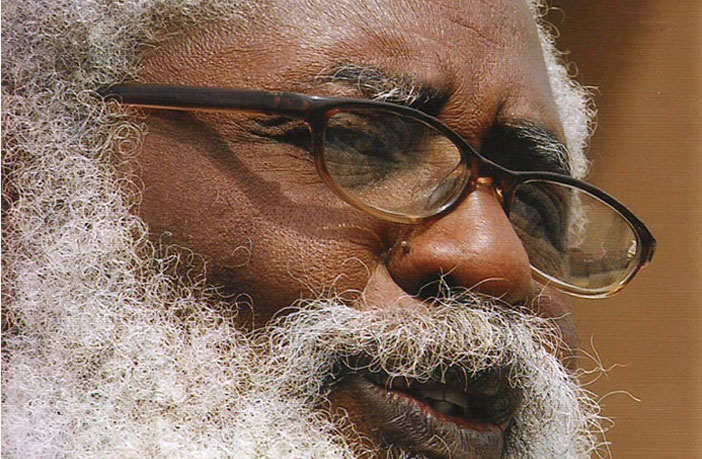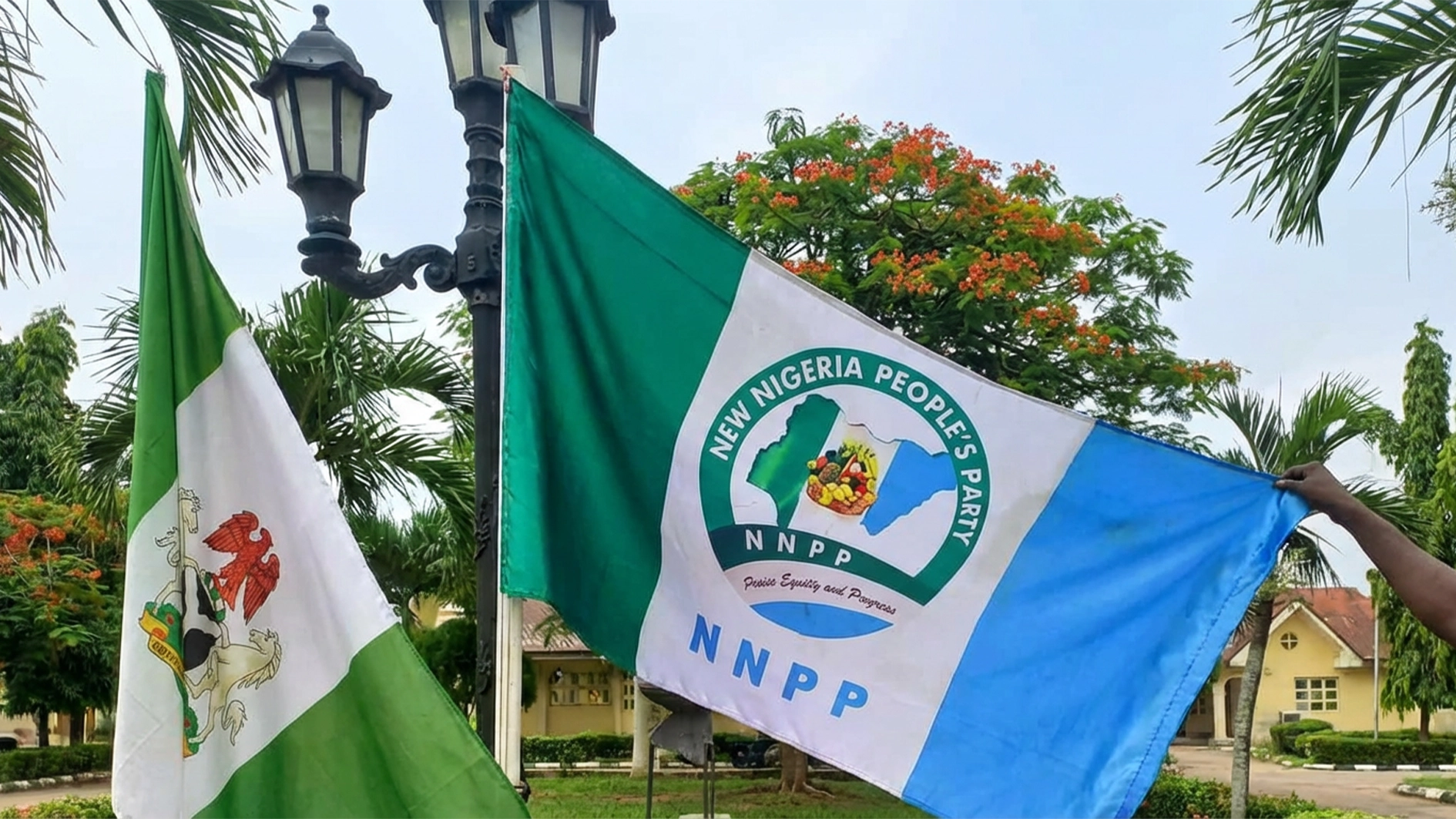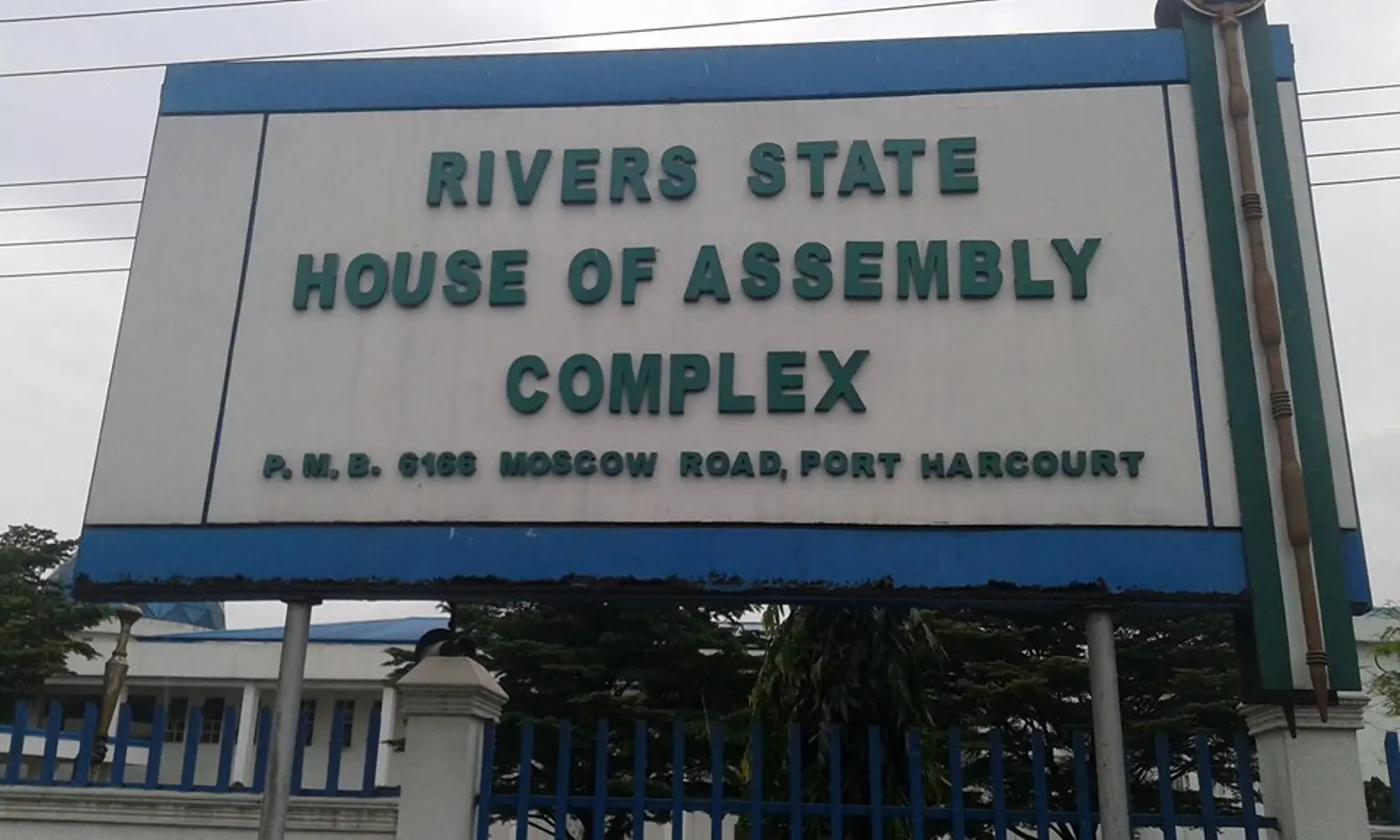
Former Ambassador to the Philippines, Dr Yemi Farounbi, turned 80 yesterday, October 1. In this interview with ROTIMI AGBOLUAJE, the octogenarian bemoaned the sorry state of the country, tracing the root cause of the various challenges to the lack of trust among founding political leaders, which morphed into crises, the long night of military years, and renegades of politicians now in the saddle. To turn the corner, he advocated a new constitution that would respect the founding fathers’ agreements on true federalism.
When Nigeria got its independence 64 years ago, it was with great optimism that the country would witness accelerated growth and development. But that is not the case. Where did the country get it wrong?
We got it wrong from the First Republic when the federal government decided on a deliberate path to destroy the Action Group (AG) and the government of Western Region. We deviated from the path of sanity when the elections of 1964 and that of the Western Region of 1965 were blatantly rigged. It led to Operation Wetie, the mass rioting in the West, the Tiv riots, and the gross insensitivity of the federal government precipitated the Kaduna Nzeogwu abortive revolution and the subsequent military takeover.
We deviated from the negotiated consensus, which formed the basis of the 1960 and 1963 Federal Constitutions. From then, a succession of various military regimes imposed unitarianism that made a mess of our name of Federal Republic. The centralising tendencies have reduced the federating units into irrelevant components of the federation. This deviation from the original straight federal path has given us a deformed federation with three tiers. This deviation has sought to impose uniformity on very diverse peoples, thereby destroying the creativity and strength that could be harvested from the diversity. Not only that, the 28 years of military rules deformed our political recruitment process. It has vulgarly monetised the political recruitment process.
The search is no longer for the person with the best vision, competencies and character, but the person with the highest bank account. It’s no longer a search for those with talent, capacity and capability but for those with money, muscle, and mischief.
Political recruitment has become a reward for entitlement or in some cases settlement. The long years of military interregnum weakened the pillars of democracy. And the situation was worsened by the civilian successors who also behaved like the military predecessors. Today, Nigeria does not have the real pillars of democracy in any strong shape.
Today, Nigeria has no executive at all levels that are transparent, accountable, responsive and responsible to the electorate. There is no legislature at all levels that can serve as a check on the executive or that is independent of the executive. There is no judiciary that is bold, fearless and courageous in the tradition of Lord Denning of the United Kingdom, Charles Warren of the USA, Justices Kayode Eso and Chukwudifu Oputa of the past Nigerian judiciary.
There is no enthronement of the majesty of the rule of law. There are no well-built political institutions that can control the local tyrants that successively emerged as leaders. There is no viable credible opposition party that can be trusted to offer alternative platforms to the electorates, in any case the political leaders are such migrants, moving across the political divide so freely and frequently that differentiation becomes impossible. The society has been completely pauperised, intimidated and sometimes humiliated that it can no longer exert any control on those who control apparatus of the state.
Is there anything to celebrate in Nigeria at 64, considering its chequered political trajectory?
There is nothing to really celebrate except that we are still together in a most fractionalised fashion. Perhaps, we have never been this factionalised and disunited. Nigeria has moved from being the largest economy to number four in Africa. We have moved from growing our gross domestic product (GDP) at 11 per cent to crawling at three per cent .We are now harassed by terrorists, bandits and insurgents depriving us of even freedom of worship. Today, we are not free from wants, poverty, and hunger.
Certainly, the dreams of the founding fathers have not been actualised because the negotiated consensus reached by them that was embodied in 1960 and 1963 Constitutions has been abandoned. The conceptual foundation of federalism has been ruptured and replaced by unitarised, and centralised federation.
What can be done to rescue the country?
To rescue the country, we must honestly tackle the issue of restructuring so that we can come back to the negotiated consensus that formed the basis of the federation. Those benefiting from the current deformations must recognise that they won’t enjoy these forever. We must look at our political recruitment system and the vulgar monetisation of the process. We must begin to make political choices on the basis of the vision, competencies and character of candidates and not on the basis of bank balances, language, religion and ethnic nationality. We must accept that man must be a unit of development and that man must be treated as equal irrespective of language, religion or ethnic origin.
Why are many issues still keeping Nigerians apart, making it difficult to build a united country?
The reason is very obvious. The basis of our existence was a negotiated consensus. By 1962/ 63, there were divided tendencies. The ruling parties then alienated Action Group and there was desperation on their part to win election in the Western Region. That desperation led to a crisis and Operation Wetie in the West. On the day of independence, there was no provision for a place for Chief Obafemi Awolowo to sit. One person only vacated his seat for him.
There was a lack of trust and mistrust from the beginning and it is still there till today. That is the reason the Hausa are complaining about the current government, the Igbo are not given a chance to attain the highest office in the land. There is no love, there is no trust. We cannot build a united nation without love and trust.
The debate over return to regionalism has torn Senators apart. What is your opinion on this?
People are getting it wrong. We should be more interested in the revenue that will get to the federating units. It is the functions and duties of the units that matter, not the name they are calling them. As far as the power and duties of the federating units are not enhanced, there would not be any difference. They should be concerned with fiscal federalism and devolution of powers. Those who work hard must reap the reward of the hard work. When there was cocoa, they were earning 50 per cent from the cocoa proceeds but now there is only 13 per cent derivation from oil.
The issue of restructuring and constitutional review has been topical and challenging, how will you advise the country and what areas of the Constitution will you want them to revise or expunge?
There are many defaults and faults in the Constitution. The Constitution was done by a panel of 27 persons and promulgated into law by General Abdusalami Abubakar. There are many contradictions in it. For instance, there are issues of local government, the court system, and others. The federal government has high courts, the Court of Appeal and Supreme Court. The National Judicial Council (NJC) appoints judges for the states. All these should not be in a federation. We need to sit down and rewrite a new constitution. The Constitution must be organic and reflects the aspirations of the people. The Constitution must be in line with the needs of the people. We should not have uniform local governments. Our educational system should not be the same. We have become a unitary state. Some countries in East Africa use their languages, why are we not doing that? We have to rewrite a new constitution that will allow each to do things according to their cultures and aspirations while the federal government will set the standard for them. We need a new constitution that will be a product of our discussion.
How will you advise the President to tackle the economic crises and hardship in the land?
I have always believed that the fundamental problem is trust. He must build trust first and foremost. Security is very key. We need security in Oyo, Benue and other states in order to provide food for the populace. There must be an arrangement for restructuring. He should look at the political structure. He should banish hunger, mobilise Nigerians in such a way that we will no longer rely on imported food.
Our economy has been dollarised and even schools are charging fees in dollars. He should bring out policies to revive the industrial sector, because the manufacturing industry is folding up. He should make our youths more productive and utilise their potential in ICT and make the country a producing nation, not a consuming one. He should harness the potential of each zone and region.
How do you feel at 80 and sharing October 1 with Nigeria?
At independence, I felt excited sharing a birthday with Nigeria. I felt on top of the world because the country had great dreams and huge potential. However, those dreams have not been fulfilled. The excitement is no longer there because of the situation of the country. Nigeria has become a disappointment.
What are the political roles you have played to make Nigeria great?
I was a member of the defunct Unity Party of Nigeria (UPN) with Uncle Bola Ige. During the regime of Gen Ibrahim Badamosi Babangida, I was the Deputy National Chairman of the Peoples Solidarity Party (PSP), which was rated as the best. I wanted to be the Deputy National Chairman of the Social Democratic Party (SDP) and presidential aspirant of the party in 1992. I was made the Caretaker Chairman SDP in Osun State that delivered MKO Abiola and the late Governor Isiaka Adetunji Adeleke as the first executive governor of the state in the Third Republic.
In the days of Sanni Abacha, I was the National Chairman of Network for Democracy. I am a leader of the Rebirth Group (TRG) and others.
In the dawn of the fourth Republic, I was a founding chieftain of the Peoples Democratic Party (PDP) and campaign leader of the party in Osun State in 1998. I was the Nigerian Ambassador to the Philippines.






